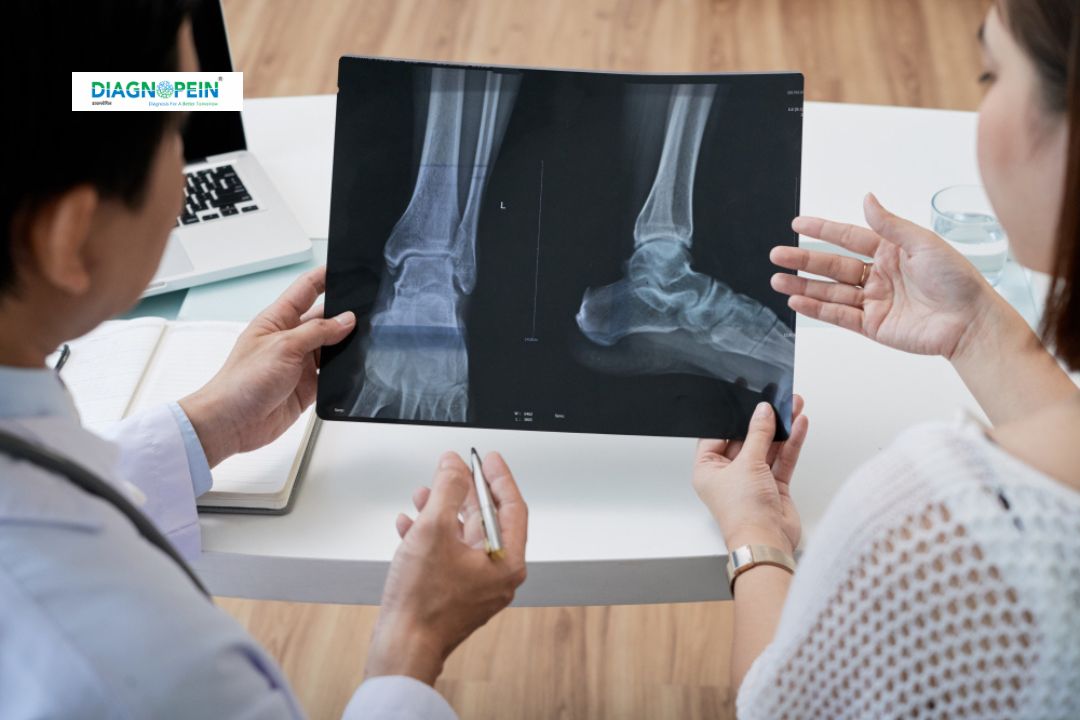Why MRI Knee Single Joint - Without Contrast is Important
MRI of the knee joint plays a vital role in orthopedic and sports injury evaluations. It enables healthcare providers to pinpoint internal damage that X-rays or CT scans might miss. In Karad, this imaging test is increasingly recommended for accurate joint evaluation, enabling effective treatment and rehabilitation planning.
This scan is crucial for identifying degenerative or traumatic knee disorders such as:
-
Ligament tears (ACL, PCL, MCL) through precise knee ligament tear MRI diagnosis
-
Cartilage and meniscal tears via meniscal tear MRI diagnosis
-
Early osteoarthritis, which can be tracked through osteoarthritis detection knee MRI
-
Fluid collection, bone marrow edema, and bone bruises detected through bone bruise MRI knee
Additionally, since the procedure is done without contrast, it reduces risks associated with allergies or kidney impairment. It’s also preferred for patients looking for a safe MRI knee during pregnancy after 1st trimester, given its radiation-free nature.
Benefits of MRI Knee Single Joint - Without Contrast
Opting for MRI Knee Single Joint Without Contrast provides multiple medical and practical advantages:
-
Non-invasive diagnosis: No needles, dyes, or injections required—ideal for those seeking a comfortable MRI knee without injection Karad.
-
Outstanding tissue clarity: Provides clear visualization of soft tissues, ligaments, and cartilage, helping doctors accurately interpret injury or disease severity.
-
Safe and radiation-free: Unlike X-rays, MRI uses magnetic waves, making it suitable for repeated use and for cases like safe MRI knee during pregnancy after 1st trimester.
-
No fasting needed: Most patients can maintain regular meals before testing, hence MRI knee without fasting required.
-
Quick and efficient results: With advanced imaging setups in Karad, patients can expect precise results swiftly, ensuring timely care.
With the growing need for accurate musculoskeletal assessment, MRI knee scan procedure Karad centers offer high-resolution imaging with a patient-focused approach.
Procedure and Preparation Guidelines
The MRI knee scan procedure Karad typically takes 20–30 minutes and requires minimal preparation. Patients are asked to remove metallic items and wear comfortable, metal-free clothing before entering the MRI room.
MRI knee scan preparation guidelines include:
-
Avoid carrying metallic accessories (jewelry, keys, watches, etc.)
-
Wear loose, non-metallic clothing
-
Inform your radiologist if you are pregnant or have any metallic implants
-
No dietary restrictions; MRI knee without fasting required
During the scan, the patient lies on a table that slides into the MRI machine. The technologist monitors from an adjacent control room while the system captures detailed images of the knee joint. The patient must remain still to ensure clear imaging.
After the scan, radiologists analyze the images for signs of injuries, inflammation, cartilage wear, or other abnormalities related to meniscal tear MRI diagnosis or osteoarthritis detection knee MRI.
Parameters Used in MRI Knee Single Joint - Without Contrast
Radiologists use specific MRI parameters to ensure optimal visualization:
-
Slice thickness: 3–4 mm
-
Sequences: Proton density (PD), T1-weighted, T2-weighted, and STIR sequences
-
Planes: Coronal, sagittal, and axial
-
Magnet strength: 1.5T
These technical specifications allow comprehensive evaluation for bone bruise MRI knee, soft tissue swelling, and joint degeneration.
Where to Get MRI Knee Without Contrast in Karad
Patients looking for reliable and affordable MRI services can locate quality imaging centers offering MRI knee without contrast in Karad. The MRI knee scan price Karad varies by facility, but many diagnostic centers provide cost-effective packages covering reporting and imaging.
Karad’s imaging specialists conduct this scan with precision and safety, ensuring patients receive high-quality care in a comfortable setting.








